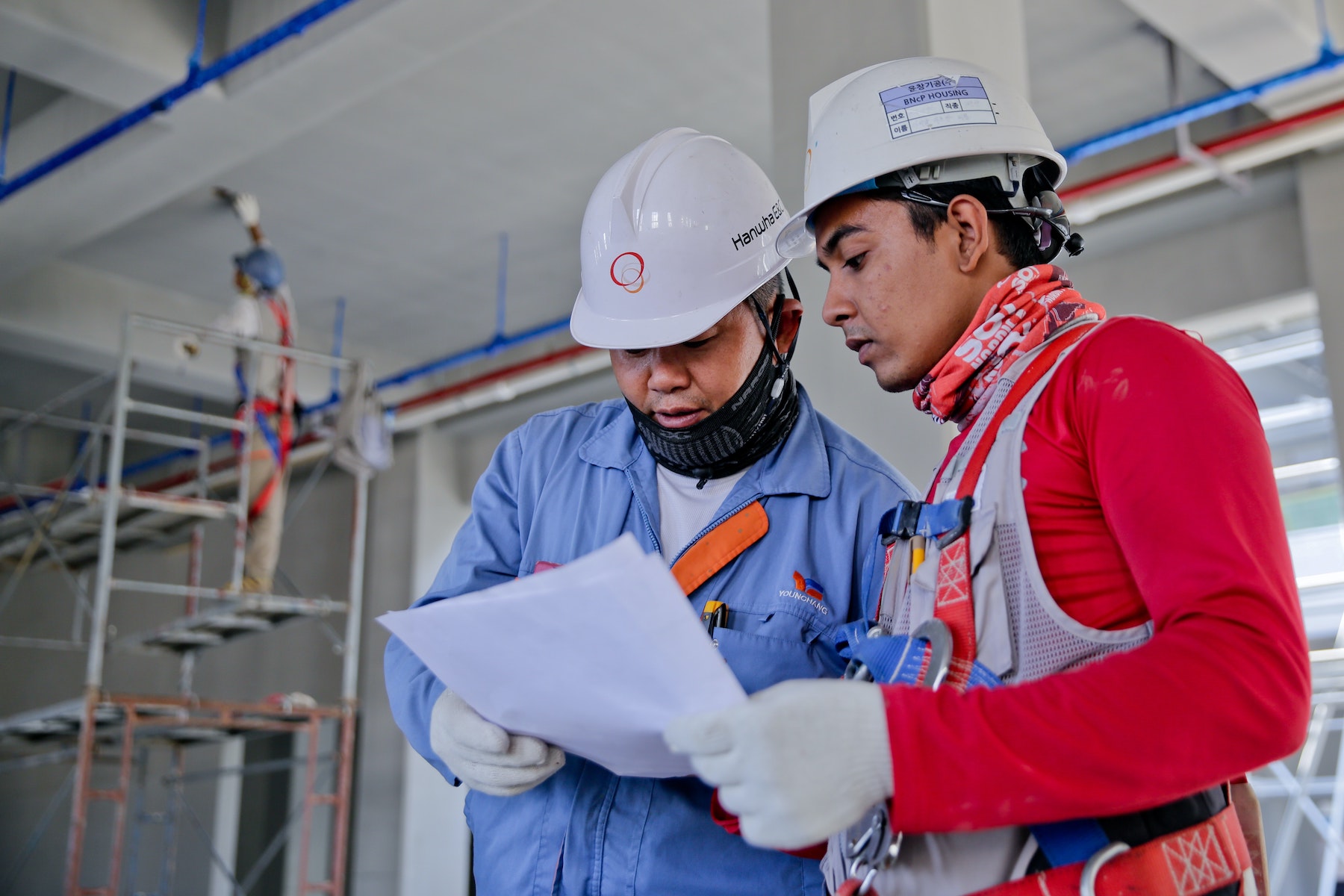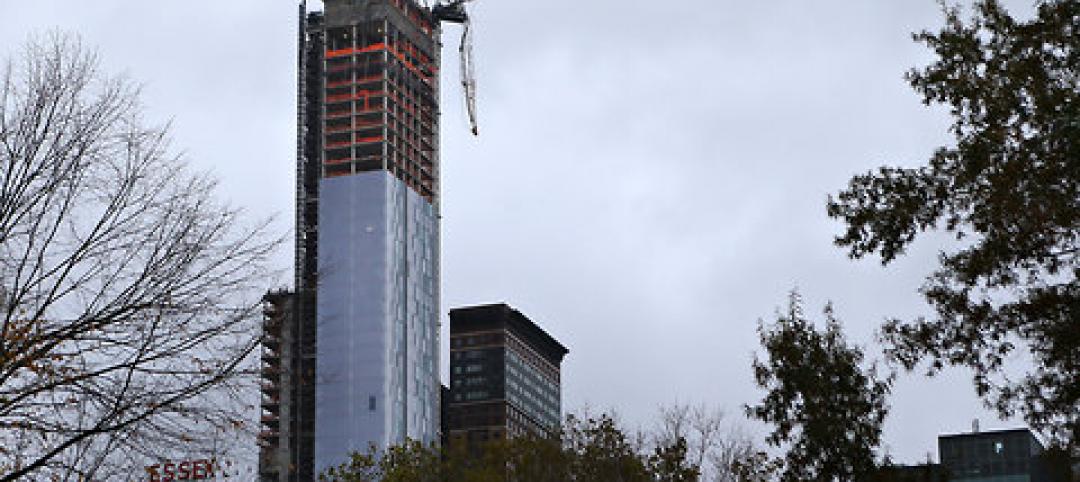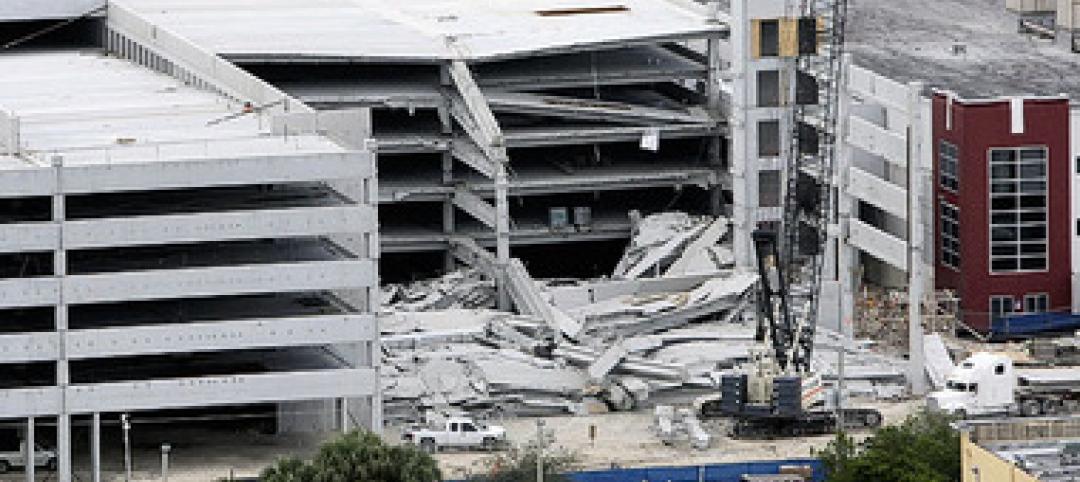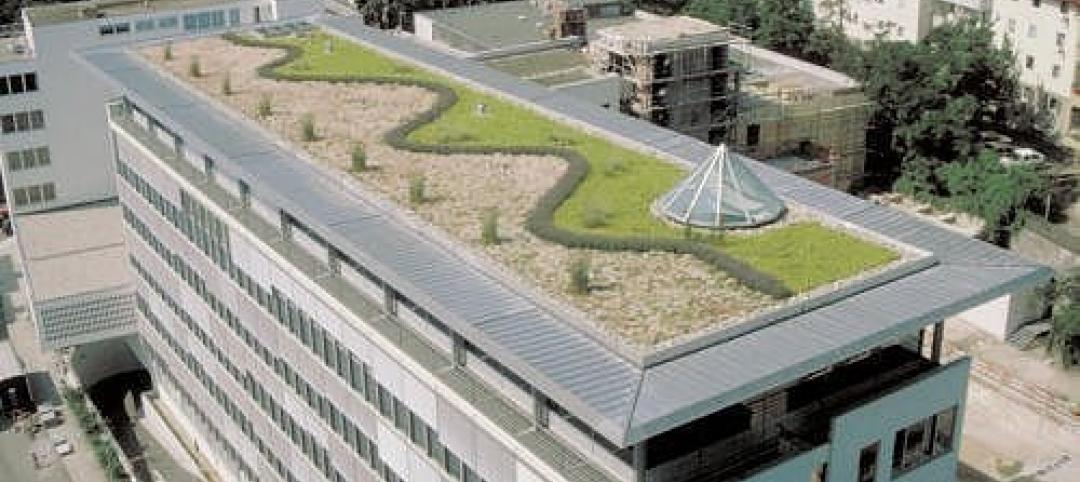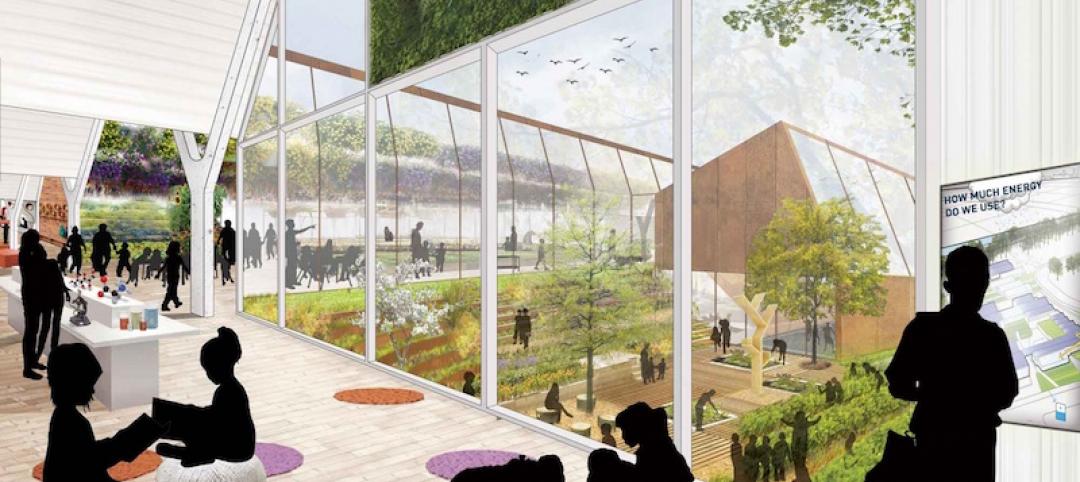Clients and architects disagree on how well building to code provides resilience, according to a recent report by the American Institute of Architects (AIA) in partnership with Owens Corning.
Resiliency in the Built Environment assesses the current state and best practices for increasing resiliency and sustainability in design and construction. Clients believe building to code is sufficient to ensure resilience, but architects disagree with that notion, the report says. It’s not surprising then, that few projects and properties are reported as being built beyond code.
The report also provides insights into how to best improve resiliency and sustainability from design through construction with input from three key audiences: architects, general contractors, and clients, including owners and developers. One key finding: “Stronger building codes and standards will drive resiliency, but so will making the business case to clients.”
The report’s areas of focus include:
- The role of building codes, clients’ expectations, and specification requirements that drive resiliency in design.
- How is resiliency reinforced through practices like material replacement strategy and resilient design strategies?
- Where are the biggest gaps in expertise about resiliency in construction, and how can they be filled?
- How do long-term and short-term incentives determine the level of resiliency for a given project?
- How is resiliency considered when selecting building products and materials?
- Which hazards and risks are most commonly taken into account in design?
The report is available for free at the AIA website.
Related Stories
| Oct 31, 2012
Investigators look into crane severely damaged by Sandy in Manhattan
Investigators are examining a construction crane collapse atop a $1.5 billion luxury high-rise in midtown Manhattan due to high winds during Hurricane Sandy.
| Oct 31, 2012
Construction error suspected in Miami-Dade College garage collapse
A construction error is the chief suspect in the partial collapse of a parking garage at Miami-Dade College in Doral, FL.
| Oct 31, 2012
New European laws on timber will go into effect in March 2013
A new European Union timber regulation prohibits the “placing on the market of illegally harvested timber or timber products derived from such timber.”
| Oct 31, 2012
MIT models show roofs' capacity for solar energy in Cambridge, Mass.
A new mapping tool from the Massachusetts Institute of Technology and a Boston design firm can calculate rooftops' capacity for solar energy.
| Oct 31, 2012
Demand for living roofs, walls to reach $7.7 billion by 2017
The demand for green roofs and living walls is expected to climb from $5.3 billion in 2011 to $7.7 billion in 2017, according to a report from Lux Research.
| Oct 25, 2012
Philadelphia councilmen move to crack down on contractors working without licenses, permits
Two Philadelphia city councilmen are trying to crack down on the "underground economy" of developers and contractors who work without licenses and permits, pay cash under the table, and operate unsafe job sites.
| Oct 25, 2012
OSHA and NIOSH offer Spanish version of nail gun safety document
The Occupational Safety and Health Administration and the National Institute for Occupational Safety and Health have made available a Spanish version of “Nail Gun Safety - A Guide for Construction Contractors.”
| Oct 25, 2012
AGC holding webinar on sequestration’s potential impacts on the construction industry
AGC will hold a free webinar on sequestration and its potential impact on federal construction contractors on Nov. 7.


